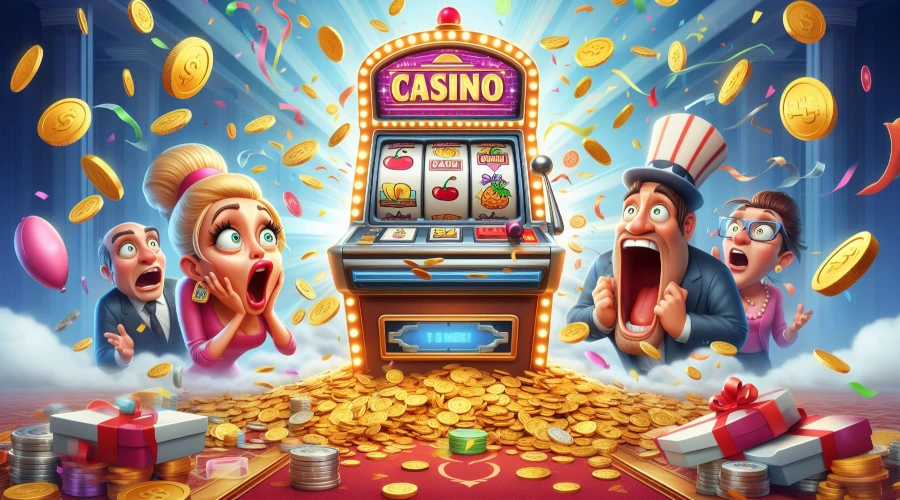 April 27 2025
April 27 2025
Casino promotions are designed to create buzz, boost engagement, and turn casual visitors into loyal players. From flashy giveaways to loyalty bonuses, the goal is simple. But when these campaigns go off-script, they can trigger lawsuits, reputational damage, and financial losses in the millions. Here are real cases showing how well-meaning promos can spiral into problems no casino wants.
In the early 2000s, online casino CyberThrill introduced an affiliate program that offered generous rewards to webmasters who directed traffic to the platform. Initially, the arrangement appeared mutually beneficial, drawing interest from a wide network of partners. However, when promised payments failed to materialize, dissatisfaction grew rapidly. Affiliates voiced concerns about delayed or missing compensation, and the situation soon unraveled. Though some accounts mentioned possible retaliatory system attacks, no publicly verified records confirmed those claims.
However, not all casino promotions end in controversy; many are well-executed campaigns that play a vital role in attracting new players and keeping regulars engaged. When done right, these offers can build loyalty, generate buzz, and deliver exactly the kind of customer experience the industry relies on.
For instance, online casino expert Lloyd Mackenzie tells casino enthusiasts what you need to know when seeking out online casinos by highlighting the best online platforms for their extensive game libraries offering players thousands of options to choose from, swift payout through flexible transaction methods, and enticing bonuses such as welcome rewards, cashback offers, and free spins, as well as how you should read the bonuses terms and conditions and consider a casinos licence and safety measures. While failed promotions like CyberThrill’s leave a mark, it's the reliable, transparent campaigns that shape lasting trust, and in a crowded digital space, that trust is everything.
Between 2010 and 2011, professional gambler Don Johnson demonstrated how leveraging casino promotions within legal bounds could lead to staggering results. Johnson negotiated custom terms with several Atlantic City casinos, including loss rebates and relaxed table conditions. The casinos assumed they still held the upper hand. They were mistaken. Johnson ultimately won approximately $15 million across three properties, with $6 million from Tropicana, $5 million from Borgata, and $4 million from Caesars. These wins were methodical and calculated, made possible by terms such as 20% loss rebates and favorable deck penetration that shifted the odds in his favor.
His success didn’t go unnoticed; other high rollers began seeking similar deals, prompting casinos to tighten their promotional terms. Johnson's case remains one of the most talked-about examples of a player outmanoeuvring the house without breaking a single rule. It also sparked internal reviews across the industry, as operators reassessed the balance between enticing high-stakes players and protecting their bottom line.

In 2005, Harrah’s Joliet Casino in Illinois faced a costly promotional error with serious legal consequences. The casino mailed 11,000 promotional coupons that were intended to carry a value of $5 each. However, a printing mistake listed the value as $525 per coupon, creating a potential financial liability of $5.8 million. The Illinois Gaming Board intervened and determined that the casino was required to honor the printed face value. The incident triggered significant internal audits, attracted media attention, and served as a clear reminder to the industry that even minor promotional errors can result in major repercussions.
The fallout extended beyond just financial strain, it tested the casino’s reputation with both regulators and customers. Staff were overwhelmed trying to manage guest expectations while simultaneously coordinating with compliance teams. For other operators, the Harrah’s error became a textbook case in the importance of triple-checking promotional materials before anything goes to print.
In 2023, Oxford Casino in Maine mistakenly notified more than 60,000 customers that they had each won $250 in free slot play. The message was only meant for five selected recipients. Although the error was corrected within an hour, the response was immediate. Social media quickly filled with reactions from confused and frustrated individuals, forcing the casino to respond publicly and clarify the situation. The Maine Gambling Control Unit later confirmed that no laws had been violated, and the casino issued a formal apology. Despite the absence of legal consequences, the incident underscored the importance of precision in digital communications when financial incentives and customer trust are at stake.
The misstep also raised questions about internal review processes and the risks of automation in customer outreach. While some customers took the apology in stride, others expressed lingering skepticism about future promotions. For casinos relying on digital engagement, the Oxford case served as a reminder that one errant message can quickly spiral into a viral headache.
In 2013, Horseshoe Casino Cincinnati experienced a costly promotional mishap during its "$3 Million Summer Giveaway." The casino announced "Kevin Lewis" as the winner of a $1 million prize. However, due to a mix-up, the prize was awarded to the wrong Kevin Lewis, a man who shared the same name as the actual winner. Recognizing the error, the casino decided to honor both individuals, awarding each $1 million. This mistake not only doubled the intended payout but also garnered national media attention, highlighting the importance of meticulous verification processes in promotional events.
The blunder quickly went viral, with news outlets across the country covering the unexpected twist. Both winners expressed shock and gratitude, turning what could have been a PR nightmare into a moment of generosity and goodwill. For Horseshoe Casino, the incident served as both a lesson and an oddly effective publicity boost, despite the financial hit.
In 2010, William Hill Casino faced backlash over a misleading email promotion that promised players £66 free with no deposit required. While the offer sounded straightforward, it came with hidden terms that made cashing out winnings nearly impossible. Players were required to wager at least £1,320 over 50 separate bets within 30 days and also deposit £35 of their own money before they could withdraw anything.
The UK’s Advertising Standards Authority (ASA) banned the promotion, ruling it deceptive due to the lack of clear information about these conditions. William Hill admitted the ad failed to include the phrase “terms and conditions apply.” The case became a clear example of the importance of transparency in casino marketing.
In 2024, Pizza Hut UK launched a promotional campaign that offered customers up to 300 free spins at the online casino, Free Spins Loops, with their takeaway orders. The promotion was met with immediate criticism for pairing everyday food purchases with gambling incentives. Public reaction was swift, with widespread media coverage and commentary questioning the alignment of such a campaign with the brand’s broader image. Although no legal action followed, the offer was promptly withdrawn. The episode highlighted the reputational risks that can arise when marketing strategies cross into controversial territory, even in the absence of regulatory breaches.
Many saw the campaign as tone-deaf, especially given ongoing debates around responsible gambling and advertising. Critics argued that linking casual dining with gambling blurred boundaries and sent the wrong message to consumers. For brands outside the gaming sector, the incident underscored how even indirect involvement with casino promotions demands careful consideration and clear alignment with core brand values.
Casino promotions walk a fine line. A simple misprint or a compliance slip can trigger fallout that hits hard. For every promo that brings in new players, there's a cautionary tale behind it. In an industry built on trust and perception, every offer must be airtight before launch. Behind the flash, it’s not just players taking risks. Marketing teams are gambling too.


Malta-License (EU)


Curacao-License


Curacao-License
 There is a No Deposit Bonus available: 30 Free Spins
There is a No Deposit Bonus available: 30 Free Spins


Curacao-License


Curacao-License
 There is a No Deposit Bonus available: 100 Free Spins
There is a No Deposit Bonus available: 100 Free Spins


Curacao-License
 There is a No Deposit Bonus available: 25 Free Spins
There is a No Deposit Bonus available: 25 Free Spins


Curacao-License


Curacao-License
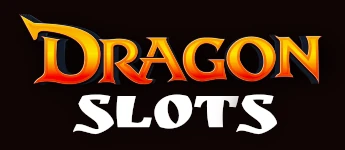

Curacao-License
 There is a No Deposit Bonus available:
25 Free Spins
There is a No Deposit Bonus available:
25 Free Spins
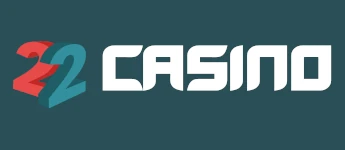

Curacao-License


Curacao-License
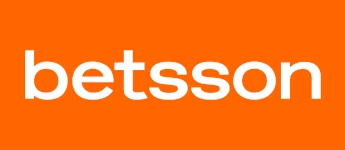

Malta-License (EU)



Curacao-License
 There is a No Deposit Bonus available: 30 Free Spins
There is a No Deposit Bonus available: 30 Free Spins
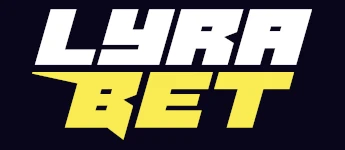

Curacao-License


Curacao-License